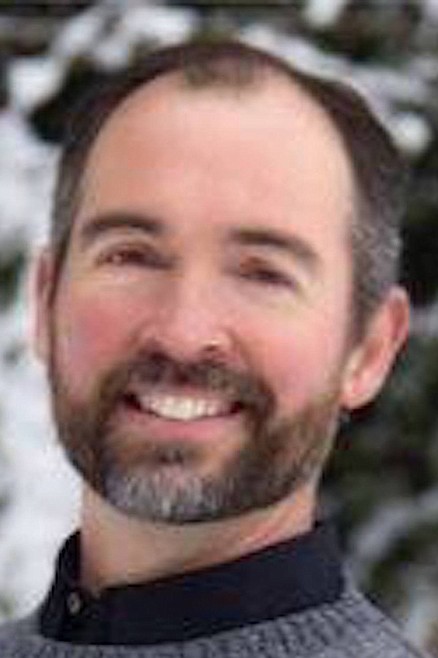A few thoughts on HB741, taxes, consequences
Last week, the Revenue and Taxation Committee heard a bill proposing the elimination of nearly all property taxes levied on owner-occupied properties.
The main impetus of the bill was not necessarily to uphold the value of property ownership in relation to the principles of natural rights that informed our founding but is a direct attempt to address the ongoing problem of rising property taxes.
Since last year, the Legislature has been trying to find a solution to a problem that is affecting almost all property owners in the state. The influx of new residents combined with rising inflation has resulted in stratospheric home valuations and increasing local budgets, which then translate into an increased burden on property owners through higher taxes. In the 2021 session, half this equation was addressed by a piece of legislation that capped local budget growth. While an admirable attempt to solve a difficult problem, the legislation has served to frustrate many smaller, fast growing cities and counties, and has done little to directly impact homeowners. Conversations this year have turned to more practical solutions and the aforementioned bill, H741.
H741 is a paradigm shift in tax policy within Idaho. In 2006, in an effort to give property tax relief, the state removed the mandatory school maintenance and operation tax from the property tax rolls, and increased sales tax by one percent to cover the revenue lost by school districts. This spread the burden of funding education more broadly and put the taxation of property more squarely in the hands of property owners with the opportunity to vote for increases in the tax burden.
However, all other taxing district levies remained in effect. H741 follows a similar thought process by removing tax from the property tax roll and backfilling the lost revenue with sales tax. The great difference with this legislation is that it would remove nearly all the property tax burden from primary residences, with the exception of voter approved bonds and school levies. If passed, this means that there would be no more taxes levied for counties, libraries, fire, water and sewer, cemetery, ambulance, hospital districts, etc.
To compensate for the loss in revenue, the bill suggests a 1.85% increase in the sales tax, which would bring our base level up to 7.85%. Some of the initial push back on the proposal was that this would make Idaho the state with the highest sales tax rate in the country. What this contention doesn’t take into account is the local option taxes that cause our neighboring states to match, or exceed, 7.85%.
This approach also creates a “narrow to broad” situation where more people, including visitors to the state, are paying for the services they use as opposed to what could be considered an unequal burden being placed upon property owners. In order to benefit the non-property owners, the legislation increases the grocery tax credit to $175 per person in a household, which should cover the sales tax on food for nearly every household. An added benefit is that revenue collected in excess of what is anticipated, would be directed to property tax relief for other properties such as commercial, timber and agricultural.
Earlier I stated that nearly all the property tax burden would be removed from primary residences. This is due to the current way that the homestead exemption is delineated in law, and how it is being enforced in practice. Our current law says that the homestead exemption, applies on valuations of up to one acre of property, however current practice has been to apply it on valuations of up to five acres of property. In order to properly compensate the taxing districts for the lost revenue, only the first five acres. of a primary residence will be exempted from property tax. This means that on a 10-acre parcel, 5 acres would be exempt, and 5 acres would be taxed. As a final provision, if H741 passes, an advisory vote would be put to the citizens of Idaho to see if they agree with our decision.
H741 was first presented to the house committee on Friday and generated many questions. The merit of the idea was obvious, but the mechanics, and ultimate ramifications, of passing this bill demand more discussion. I expect we will have a lengthy committee meeting early next week, and then even lengthier debate on the floor of the House, should it pass out of committee. I encourage you to contact me with any thoughts on this piece of legislation.
Sage Dixon represents Bonner and Boundary counties in the Idaho House of Representatives, District 1B. He can be reached at sdixon@house.idaho.gov.

